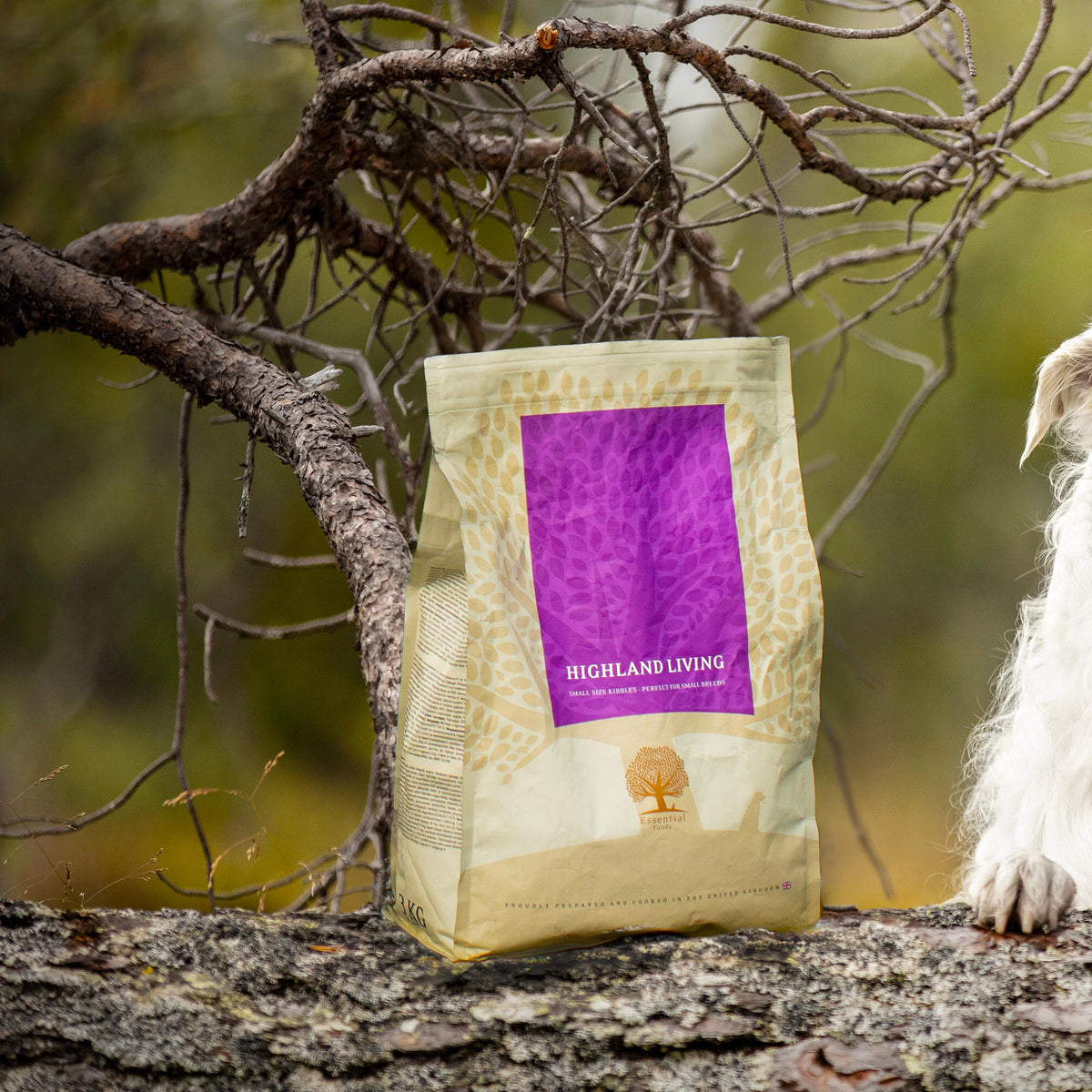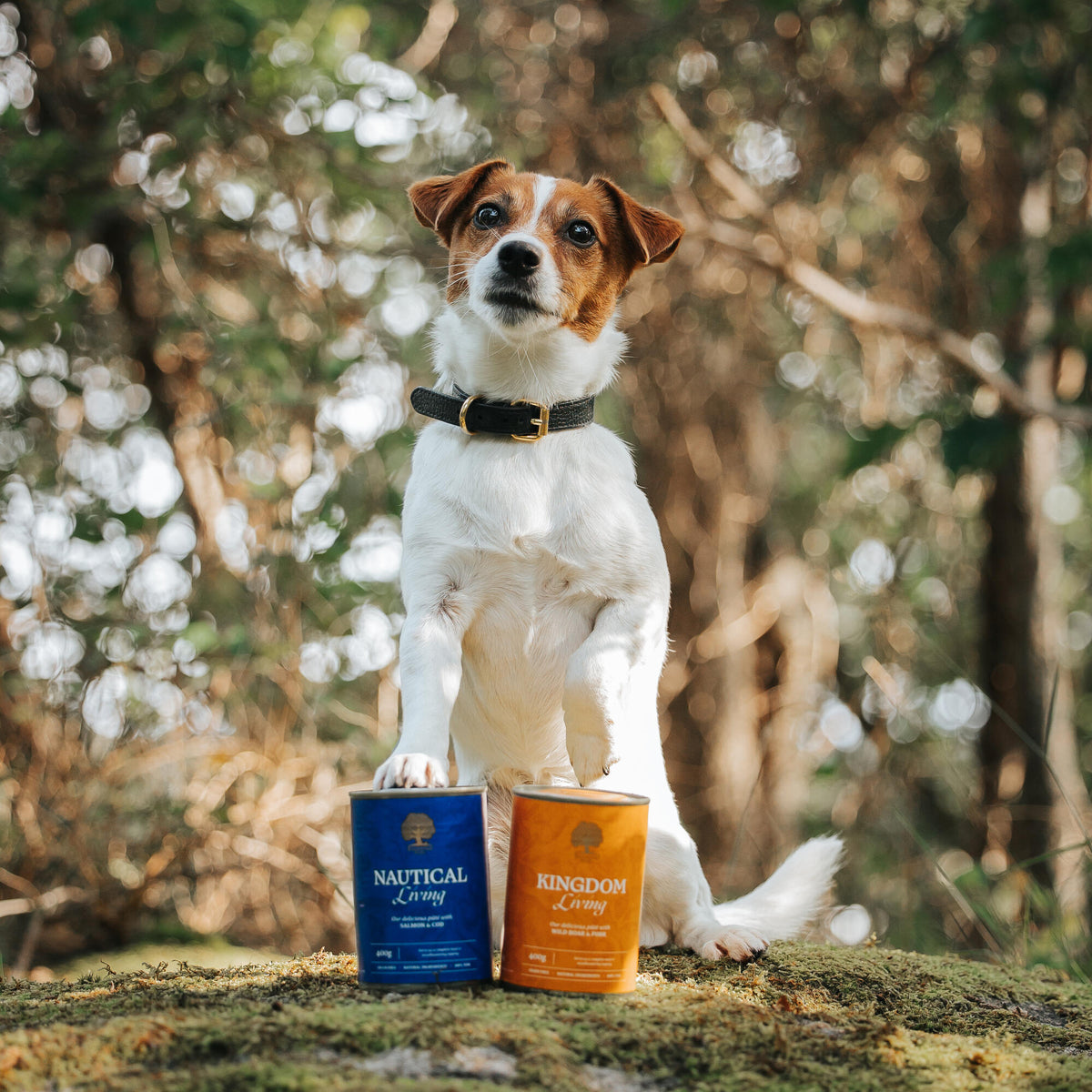Your Cart is Empty

In recent years, the popularity of grain-free dog food has surged, with pet owners becoming increasingly conscious of their furry friend's dietary needs. This article will delve into the intricacies of grain-free dog food, examining its benefits, potential risks, and how to make an informed choice for your pet.
Pet care has evolved, and dog owners are now more aware of the impact of their canine's diet on overall health. Grain-free dog food has emerged as a popular choice, raising questions about its efficacy and suitability for different breeds.
Grain-free dog food, as the name suggests, eliminates grains like wheat, corn, and soy from the ingredients list. This departure from traditional dog food aims to address various health concerns and enhance the well-being of our four-legged friends.
Selecting the right dog food is crucial for a pet's health and longevity. The nutritional content of their diet significantly influences their energy levels, coat condition, and overall vitality. Let's explore the key aspects of grain-free dog food to make an informed decision.
Grain-free dog food focuses on providing nutrition without relying on grains as a primary ingredient. Instead, it utilizes alternative sources of carbohydrates, emphasizing proteins and other essential nutrients.
Grain-free diets are often praised for promoting better digestion, reducing allergies, and improving overall health. Dogs with sensitivities to grains may find relief through this dietary choice.
Despite the growing popularity, misconceptions about grain-free dog food abound. Some believe it's a one-size-fits-all solution, while others question its necessity. Dispelling these myths is essential for responsible pet ownership.
Proteins play a crucial role in a dog's diet, supporting muscle development and overall health. Opting for grain-free dog food with high-quality protein sources is vital for your pet's well-being.
Apart from protein, ensuring the presence of essential nutrients like vitamins and minerals is essential. A well-balanced diet contributes to a shiny coat, strong bones, and a healthy immune system.
While grains are excluded, carbohydrates are still essential for providing energy. Understanding the role of carbohydrates in grain-free dog food helps maintain a balanced diet.
Many dogs experience improved digestion and a reduction in allergic reactions when switched to a grain-free diet. This can be particularly beneficial for dogs with sensitivities to common grains.
Grain-free dog food often leads to better weight management, preventing obesity-related health issues. The increased protein content supports sustained energy levels, keeping your dog active and happy.
The impact of diet on a dog's coat and skin is profound. Grain-free options rich in omega-3 fatty acids contribute to a lustrous coat and alleviate skin issues, promoting a shiny and healthy appearance.
Abrupt dietary changes can upset a dog's stomach. Gradually introducing grain-free food into their diet helps their digestive system adjust, reducing the likelihood of adverse reactions.
Observing your dog's behavior, energy levels, and overall well-being during the transition period is crucial. Any signs of discomfort or allergies should prompt a reevaluation of the chosen dog food.
In conclusion, the choice of dog food significantly impacts your pet's health and happiness. Grain-free dog food offers various benefits.Essential foods is a perfect balance of nutrition and protein, which gives your dog a healthy look and a more prolonged energy balance.


